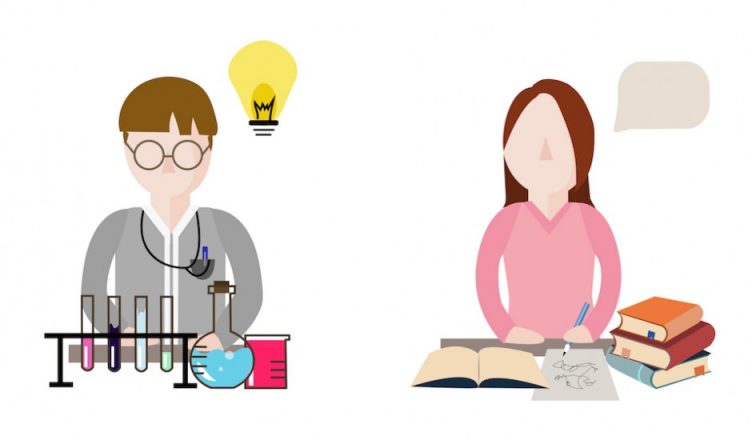Our final project for ENGL 340 is very research based. My group and I have been spending quite some time in the special collections archives of the Milne Library to gather old articles, newspapers, yearbooks and any other resources from the Harding collection. As I sat there sifting through each stack of papers, articles, books, etc….I said something. Something that relates to our lives now. Something that I guess is something I have unconsciously become dependent on… How scary are those words, unconsciously and dependent on….
So class, here were my words:
I wish I could just “control F” all of these
You may be thinking okay she made a big deal out of nothing. However, after I said it, I was a little embarrassed. I felt as though part of me was unappreciative of the beautiful historic documents sitting right in front of me. And, don’t get me wrong these documents are so interesting to read. But at that moment, there was so much to get through and such specific entities we were looking for so I said it.
This relates to our course because our world together is so technologically advanced that with the devices at our fingertips, our lives are made so much easier. I mean maybe I am a bad student for saying this but the quick way to find something is to, like I said, “control f”. A simple search command to your computer of a specific word to be able to find something in a quarter of the time it would have taken you to search otherwise.
In relation to life, I want to talk about how our technologically advanced world has a great effect on our words. I’m sure your parents have told you, like mine have told me, “be careful because once you put it out on the internet, it is there forever!” Well, just like there is an archive of tangible documents that my group and I are searching through, their is an “archive” of many things online as well as with our devices. The digital age has made a lot of things easier for us in many ways. However, it is important to note that it does make things harder for us in some ways. In the way that you truly have to be careful of what you post, type, or text with one another because there is always some ways one how that it could come back to you. I mean how many times have you thought about a snack, or talked about something you wanted and BOOM, next time you open your media theres magically an ad for it?? Something so spooky to me. Our technological world has made it very difficult to have a private life. We see this happen in the very premises of our campus. Someone posts an offending message, perhaps not meaning to be offending and repercussions are taken.
So, although I hit a few, but relevant, topics in this short post, I want to re-iterate that I cannot believe I said “I wish I could just “control F” all of these” ALOUD. I feel like if my grandfather heard me, being the anti-tech guy he is, he would reply with a snarky and disappointed head shake whilst saying “ooo you kids these days.” Actually, he probably would not even understand a little bit the words that came out of my mouth, but if he did he would respond like that. Haha.
Moral of the story, think before you act! Our world has made it a lot harder to apologize for our actions due to social medias influence on our lives.


